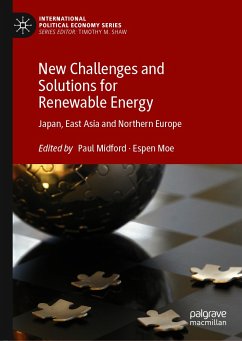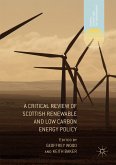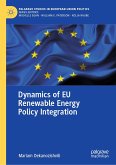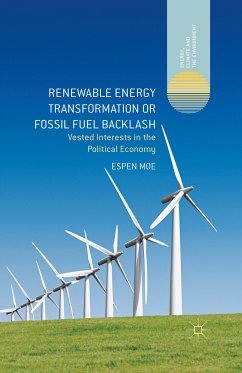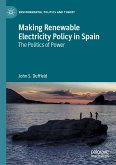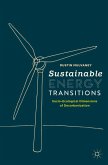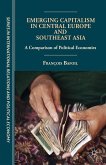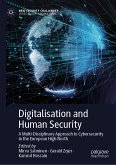This book identifies second stage challenges and opportunities for expanding renewable energy into a mainstay of electricity generation that can replace fossil fuels and nuclear power, comparing Japan with several countries in East Asia and Northern Europe. Environmentally sustainable renewable energy technologies have now overtaken fossil fuel and nuclear technologies in terms of total global investment, and the costs of these technologies and related ones (e.g. storage batteries) are rapidly falling. Yet renewable energy use varies greatly from country to country. Major second stage obstacles to replacing fossil and nuclear-fueled electricity generation include the lack of electricity grid capacity and storage assets. Opportunities and solutions include expanding grids regionally and internationally, building flexible smart grids that offer better demand management, and policies that promote the expansion of storage assets, especially grid batteries and hydrogen. In addition, two keyfactors - electricity market restructuring through unbundling transmission from electricity generating companies; and electricity market liberalization, especially for retail customers - allow consumers to choose power companies based not only on price, but also on method of generation, especially fossil or nuclear generation versus renewable energy.
Paul Midford is Professor of Political Science and Director of the NTNU Japan Program, Norwegian University of Science and Technology (NTNU).
Espen Moe is Professor of Political Science and Chair of the NTNU Japan Council at the Norwegian University of Science and Technology (NTNU).
Dieser Download kann aus rechtlichen Gründen nur mit Rechnungsadresse in A, B, BG, CY, CZ, D, DK, EW, E, FIN, F, GR, HR, H, IRL, I, LT, L, LR, M, NL, PL, P, R, S, SLO, SK ausgeliefert werden.
Es gelten unsere Allgemeinen Geschäftsbedingungen: www.buecher.de/agb
Impressum
www.buecher.de ist ein Internetauftritt der buecher.de internetstores GmbH
Geschäftsführung: Monica Sawhney | Roland Kölbl | Günter Hilger
Sitz der Gesellschaft: Batheyer Straße 115 - 117, 58099 Hagen
Postanschrift: Bürgermeister-Wegele-Str. 12, 86167 Augsburg
Amtsgericht Hagen HRB 13257
Steuernummer: 321/5800/1497
USt-IdNr: DE450055826
Bitte wählen Sie Ihr Anliegen aus.
Rechnungen
Retourenschein anfordern
Bestellstatus
Storno

